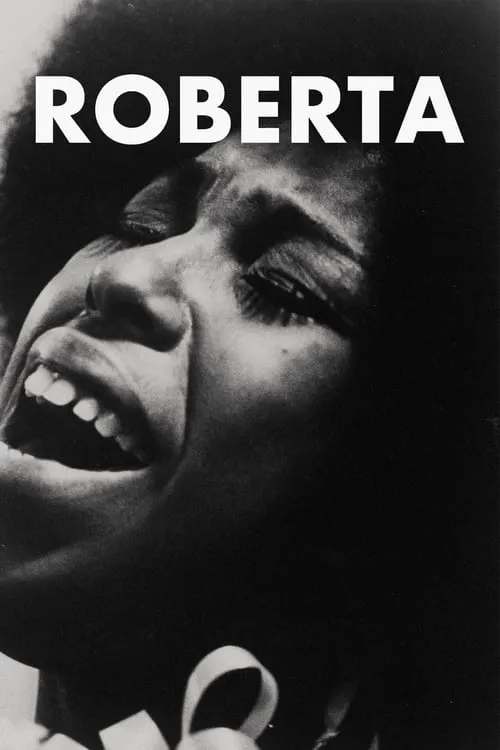Roberta

Plot
"Roberta" is a biographical film that delves into the extraordinary life and career of singer-songwriter Roberta Flack. Directed by Antonino D’Ambrosio, the movie takes a thoughtful and introspective approach in showcasing the complexity and depth of Flack's music and persona. The film begins by introducing viewers to Flack's early life and rise to fame in the 1960s and 1970s. Born on February 10, 1939, in Black Mountain, North Carolina, Flack was drawn to music from a young age. She began by studying piano and, later, vocal music at Howard University in Washington D.C. After college, Flack sang backup vocals for jazz musicians such as Aretha Franklin and Donny Hathaway, eventually landing a recording contract with Atlantic Records in 1967. One of the key aspects of "Roberta" is its exploration of the influences that shape Flack's music. The film showcases her eclectic style, which blended elements of classical, soul, and R&B. Flack's love of classical music is evident in her arrangements of songs like "The First Time Ever I Saw Your Face," which she recorded for a 1972 live album. This same sophistication is also apparent in songs like "Killing Me Softly with His Song," which features a haunting piano melody that is at once both intimate and epic. As Flack's career soared, she began to attract attention from the music establishment. Her success was marked by a string of hit singles and albums that pushed the boundaries of R&B and soul music. In 1973, Flack won the Grammy Award for Record of the Year for "The First Time Ever I Saw Your Face," followed by a second consecutive win for "Killing Me Softly with His Song" in 1974. These accolades cemented Flack's status as a leading artist in her field, and "Roberta" does an excellent job of conveying the sense of pride and accomplishment that characterized her journey. Throughout the film, D’Ambrosio incorporates insightful commentary from contemporary artists who have been influenced by Flack's music. These include singer-songwriters like Norah Jones and Esperanza Spalding, who discuss the impact that Flack's introspective lyrics and soaring melodies have had on their own creative work. Flack's legacy extends beyond her hit songs and record-breaking awards, however, and "Roberta" also touches on her commitment to social justice and her role as a powerful role model for women in music. One of the standout aspects of "Roberta" is its thoughtful exploration of the themes that underlie Flack's music. The film examines how Flack's lyrics often grapple with issues of love, identity, and existential wonder. Her songs frequently express a profound sense of empathy and compassion, drawing listeners into a world of complex emotions and relationships. In this sense, "Roberta" serves not only as a biographical film but also as a nuanced analysis of the art and the life that inform it. The film is also noteworthy for its visual style, which captures the glamour and excitement of Flack's performances in the 1970s. D’Ambrosio's direction often incorporates archival footage of Flack's live shows, which offer a glimpse into the electrifying atmosphere of her concerts. These images are accompanied by Flack's own reflections on her time on stage, providing a poignant reminder of the enduring power of her music. Ultimately, "Roberta" is a film that honors the extraordinary legacy of Roberta Flack. Through its thoughtful exploration of her life and music, it reveals the depth and complexity of this remarkable artist's work, as well as the ongoing impact she has had on artists and audiences alike. By celebrating Flack's singular talent and unwavering dedication, "Roberta" stands as a testament to the enduring power of her art, which will continue to inspire and move listeners for generations to come.
Reviews
Recommendations




